
Reviewed and Updated: Jul 11, 2024
7 Min Read
Antioxidants can neutralize the free radicals which contribute to heart disease, cancers, aging, and other negative health outcomes. While many foods boast richness in antioxidants, we often don’t discuss how much they have or how much we need.
We’ve put together a short explanation of antioxidants, their benefits, how they’re measured, and foods and supplements to help hit your optimal intake.
[Related: The 7 Most Important Supplements for Kidney Health]
What are Antioxidants?
Antioxidants are natural molecules or artificial substances that fight and neutralize damaging free radicals. They’re also referred to as “free radical scavengers” and can be found in many plant-based foods or in supplement form.
Free radicals are unpaired electrons that seek other atoms or molecules to bond to. If your body can’t process and remove free radicals, oxidative stress may result, harming your cells and body’s functions. Internal factors can increase the production of free radicals, such as UV exposure, cigarette smoke, or pollution.
Oxidative stress has been linked to several severe illnesses and diseases, including cancer, heart disease, arthritis, stroke, immune deficiency, respiratory disease, Parkinson’s disease, emphysema, and other inflammatory conditions.
The Benefits of Antioxidants
Antioxidants provide a number of health benefits that are mainly related to preventing free radical damage or oxidative stress.
1. Antioxidants help to protect the brain as we age
Neurodegenerative disorders such as Alzheimer’s have been found to have a relationship with oxidative stress which causes a slow loss of neurons over time. Studies such as this one found that antioxidants had a role in protecting the health of the brain as one ages.
2. Antioxidants can contribute to better mental health
While so far inconclusive, some scientists believe that conditions such as depression and anxiety are related to an antioxidant imbalance.
3. Antioxidants can help to preserve eye health
One of the biggest factors in our quality of life as we age is maintaining our vision. Antioxidants often come up when we discuss the health of our eyes and clinical research supports this. A six-year clinical trial found that a combination of antioxidants (vitamin C, 500 mg; vitamin E, 400 IU; and beta carotene, 15 mg, and zinc 80 mg) reduced the risk of developing age-related eye disease by 25 percent. (NIH)
4. Antioxidants may help with healthy aging overall
Free radicals are thought to cause many of the negative health outcomes that become more likely as one ages as a result of damage at the cellular and tissue levels. Scientists are still studying antioxidants as therapies but haven’t reached conclusions on methodology. (NIH)
How are antioxidants measured?
Many foods market their richness in antioxidants without any further explanation. The not-so-well-known unit for measuring the amount of antioxidants in foods and supplements is the ORAC or oxygen radical absorbance capacity.
ORAC scores tend to be the highest for berries and spices (sometimes in the tens of thousands of units) and lower for highly processed foods. Furthermore, animal-based foods, such as seafood and meat, have lower scores. In general, healthier (plant-based) foods have higher scores and less healthy foods have lower scores.
How many ORAC units do you need per day?
Generally, recommendations are about 11,000 ORAC units per day for men and 8,000 ORAC units for women.
Keep in mind, these estimates are based on calorie consumption. The number for men is based on eating about 2,500 calories per day, and the number for women is based on eating about 1,800 calories per day.
You may not need as many ORAC units if you eat less than this. Athletes tend to need more, as their calorie consumption tends to be higher. As we mentioned earlier, many plant-based foods provide high levels of ORAC units. Here are some high-antioxidant foods you should consider adding to your diet:
Antioxidant-Rich Foods with the Highest ORAC Scores
(ORAC scores per 100 grams of foods according to SuperFoodly)
-
Acai (102700)
Acai bowls and acai smoothies are appearing on more and more menus and might have you wondering what it’s all about. Though the ingredient was initially brought into the national spotlight through Oprah’s claims that it helped her shave 4 inches from her waistline, acai has shown concrete health benefits. Acai berries are loaded with antioxidants that can help neutralize free radicals. They might even have the effect of helping to lower cholesterol.
Acai berries are native to the Amazon and are considered a Brazilian “superfruit.” While it’s hard to find fresh acai fruit in grocery stores because it has a short shelf life, you can find it in supplements, smoothies, and frozen food sections.
Related: Natural Remedies for High Cholesterol
-
Elderberries: (14,697)
Elderberries are another delicious fruit with a high ORAC score, at 14,697 units per 100 grams. Elderberries are dark purple fruits that come from elderberry shrubs. People traditionally used elderberries to treat cold and flu-like symptoms, and elderberries can also help reduce inflammation and may provide minor pain relief.
However, you should only eat elderberries in moderation, as leading to many can lead to stomach cramps and diarrhea.
-
Cranberries: (9,090)
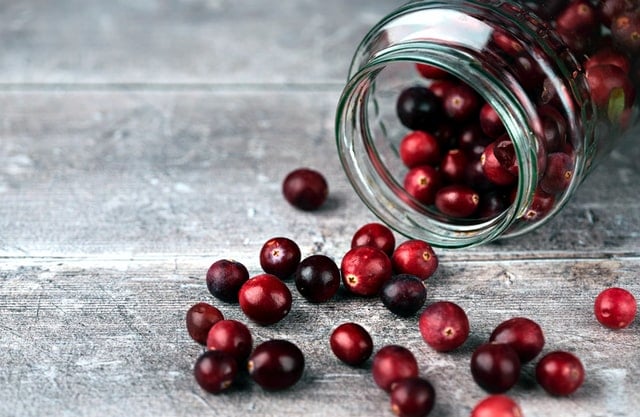
Traditionally reserved for Thanksgiving meals, cranberries are another plant-based food chock full of antioxidants. Cranberries can help protect against liver disease, improve your eyesight, improve cardiovascular health, and lower your blood pressure.
Cranberries can also help with urinary tract health, and they can lower the risks of urinary tract infections in some people.
-
Blackberries: (5,905)
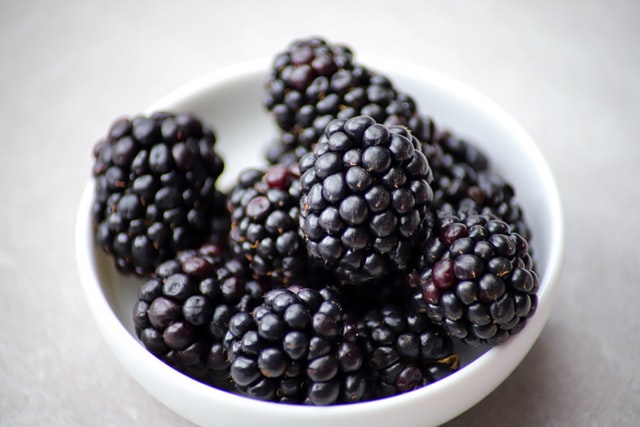
Blackberries are full of antioxidants and can easily be found at any grocery store. Blackberries particularly contain high levels of anthocyanins. Anthocyanins possess anti-cancer, anti-inflammatory, anti-diabetic, and anti-obesity effects, and they can also help prevent cardiovascular and neurological diseases. Blackberries also contain high levels of vitamin K, a vital nutrient for blood clotting.
Are you looking to lose some weight? Check out these mental health hacks to get in the right mindset!
-
Dark chocolate: (20,816)

Many people think of chocolate as junk food, but dark chocolate is exceptionally high in antioxidants. Dark chocolate contains several compounds with antioxidant properties, such as polyphenols and flavanols.
When shopping for dark chocolate, look for bars that have a cocoa content of 70% or higher. Generally, the higher the cocoa content, the more antioxidants the chocolate bar contains. In addition to being a powerful source of antioxidants, dark chocolate may also help lower your blood pressure and improve your blood flow.
-
Cocoa: (80,933)
Cocoa is another excellent way to boost your antioxidant intake. And no, we’re not talking about a mug of hot cocoa here.
Natural cocoa powder without any additional sweeteners is very beneficial for your health. It’s rich in polyphenol, an antioxidant that can improve your cholesterol and blood sugar levels. Cocoa may also help reduce high blood pressure and reduce your risk of heart attack or stroke.
-
Pecans: (17,940)
Many nuts and seeds are good for your health, pecans are king when it comes to antioxidant content. Pecans are also a good source of magnesium, calcium, and potassium.
They’re also rich in monounsaturated fat, which can help lower your LDL cholesterol levels.
-
Cilantro: (5,141)
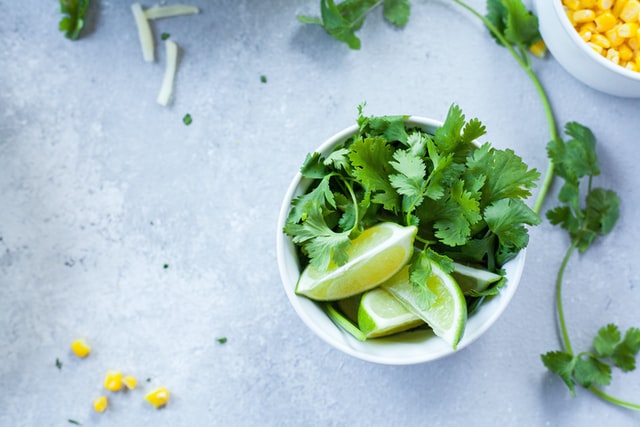
The star ingredient in guacamole, cilantro, is also great for those looking to boost their antioxidant intake. Cilantro provides the body with many essential antioxidants and vitamins. It may even improve your cardiovascular health and go some way in reducing your risk of developing heart disease.
-
Artichokes (boiled) (9,416)
In addition to having a high ORAC score, artichokes are great for regulating blood pressure, lowering harmful cholesterol levels, improving digestive health and heart health. Plain-boiled artichokes aren’t the most pleasant dining experience so look for dishes you can work them into. Here are a few tasty recipes from Bone Appetit.
[Related: 8 Ways to Improve Heart Health Naturally]
-
Red cabbage (boiled) (3,145)
Red cabbage adds the perfect crunch to many dishes, and it can also help you reach your antioxidant intake goals. Red cabbage also provides calcium and is a good source of vitamin K which promotes clotting and fast wound healing .
Antioxidant-Rich Supplements
Supplements are another way to get antioxidants, especially at times when you have gaps in your diet.
Astaxanthin (Isolated from microalgae) is a naturally occurring carotenoid with an ORAC score of 2,822,200. It can improve blood flow, reduce joint pain and inflammation, as well as improve fertility in males.
Another antioxidant-rich supplement is Ginkgo Biloba which has long been known for its brain-boosting benefits. Ginkgo Biloba has an ORAC score of 35,850.
Conclusion
While your supermarket is packed full of foods that are rich in antioxidants most people aren’t familiar with what their needs are and how much these foods contain. The ORAC score gives us a starting point to understand the foods and supplements that can help.
If you’re looking to buy supplements to improve your health, click here to learn how to choose which supplements are right for you!
This article is provided for informational purposes only and is not intended to be used as medical advice.
© 2024 Best in Nature All rights reserved





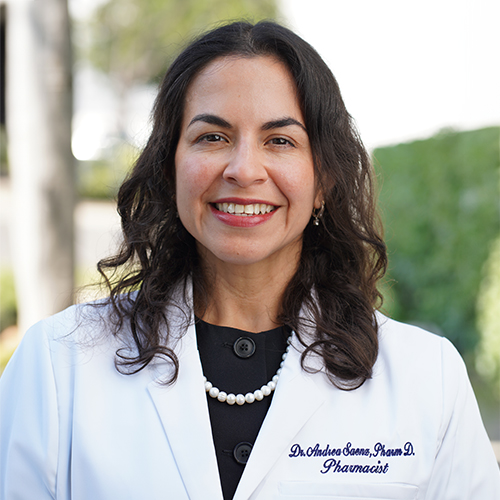
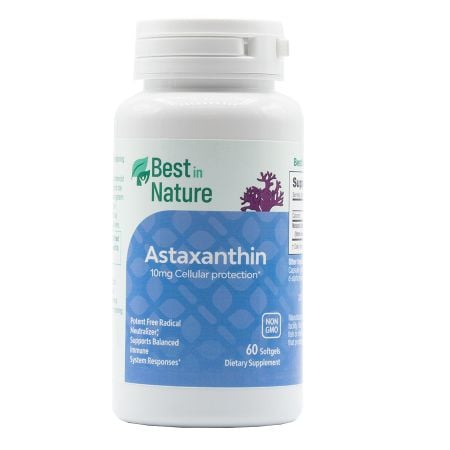
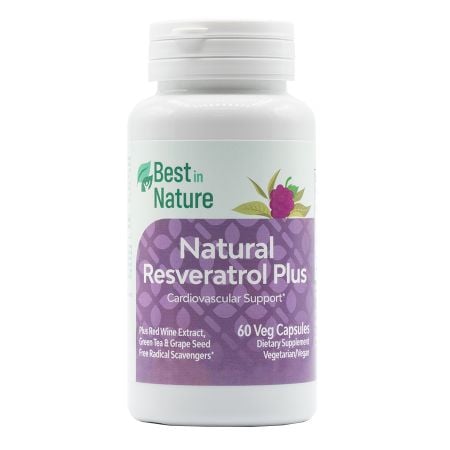
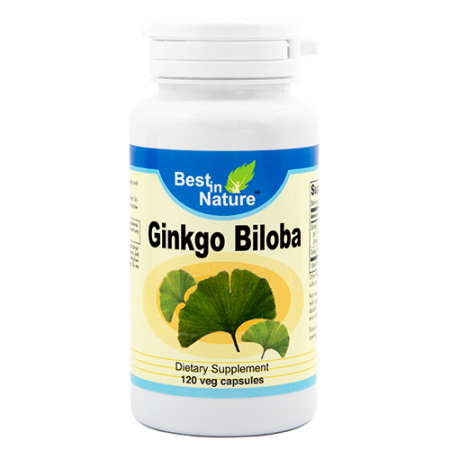
Validate your login
Sign In
Create New Account